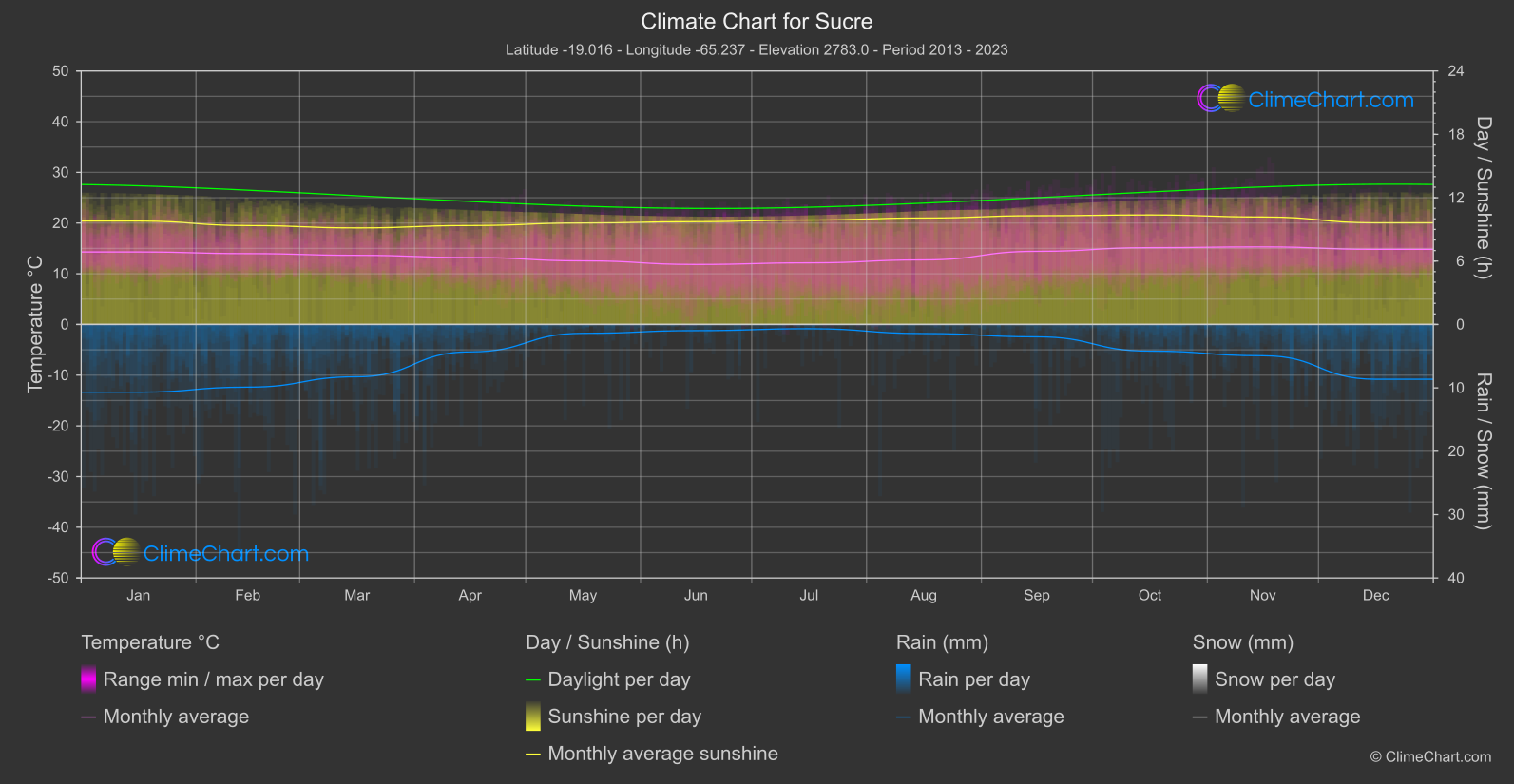Detailed Climate Information for Bolivia: Regional Weather Patterns and Data
Bolivia is a South American country known for its diverse landscapes and rich culture. One of the key factors that shapes Bolivia is its varied climate and weather patterns.
Bolivia's climate varies from tropical in the lowlands to polar in the highlands. The country experiences a rainy season from November to March and a dry season from May to October. The Yungas region is known for its humid subtropical climate, while the Altiplano has a cold and arid climate. The eastern lowlands have a tropical savanna climate.
Best Travel Time Guide for Bolivia: Ideal Seasons and Weather Insights
The best time to travel to Bolivia largely depends on the region you plan to visit. For the lowlands and the eastern regions, the dry season from May to October is ideal. In contrast, the highlands are best visited during the dry season to avoid harsh winter conditions. The Yungas region is pleasant to visit throughout the year due to its mild climate.
Detailed Climate in the Regions of Bolivia

Sucre
Region South
Sucre, the constitutional capital of Bolivia, boasts a mild and pleasant climate throughout the year.

Santa Cruz de la Sierra
Region Central
Santa Cruz de la Sierra in Bolivia has a tropical savanna climate with distinct wet and dry seasons.

La Paz
Region West
La Paz, the administrative capital of Bolivia, has a subtropical highland climate with distinct wet and dry seasons.